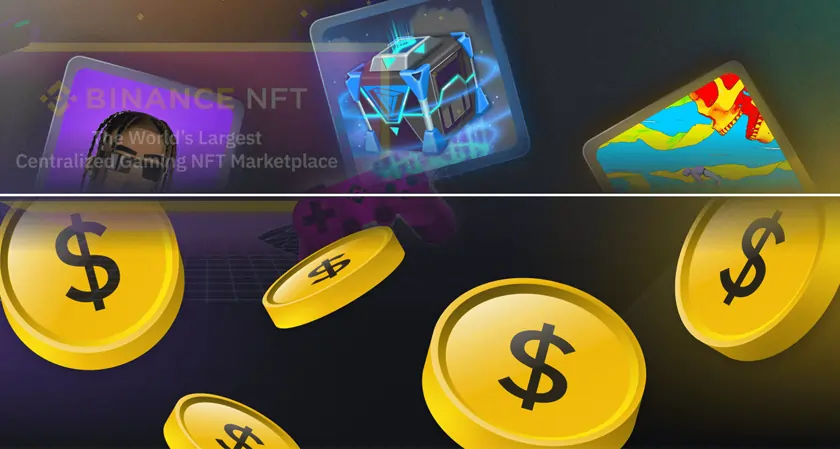Home Industry Gamification Seoul Hosts Perp-DEX Day: Gami...
Seoul Hosts Perp-DEX Day: Gamified Bitcoin Trading Turns into Live E-Sport
Gamification

Business Fortune
10 October, 2025
In a high-stakes, interactive gaming-meets-finance event during Korea Blockchain Week, 400 participants competed with real money on perpetual futures.
The most recent Korea Blockchain Week, which took place in Seoul from September 21 to 27, saw a huge leap in the gamification of investing.
Perpetual futures, a kind of bitcoin derivative, were exchanged by contestants at one of the side events, Perp-DEX DAY, which was a live e-sport extravaganza. Although some online and social media critics have declared a financial revolution, this is a new opportunity for gaming and entertainment. However, it is unlikely to change the financial landscape or be a prudent investment plan for the majority of individuals.
A decentralized exchange, or DEX, is a peer-to-peer marketplace that enables cryptocurrency traders to deal directly with one another in tokens for different cryptocurrencies but not in fiat money, also known as national currency.
Smart contracts, which are computer programs that automatically carry out tasks like crediting a trader's account after a trade, are used to manage and settle trades on a blockchain. A perp-DEX is an on-chain DEX for trading perpetual futures.
The invite-only Perp-DEX DAY, organized by ReboundX in partnership with UmbrellaX DAO, took place at the SJ Kunsthalle arts and culture institution in Seoul's Gangnam District and drew 400 attendees. Numerous physical and on-chain swag giveaways, exchange mission booths, interactive demos, exchange pitch sessions, and a DJ-led afterparty were all included in addition to the interactive exchange-specific trading competition.
In addition to being a fun gaming event, this was a showcase for six distinct perp-DEXs.
Each trader was a member of a carefully selected team and sat in front of enormous displays. They fought for the top place on the scoreboard by expanding their portfolio the most in the given period, with actual money on the line, in front of a live audience. As pundits recounted the events, LED screens displayed their profit and loss in real time.
Some tech-savvy traders could find this kind of trading appealing. However, just as the majority of weekend poker players do not advance to professional leagues, even skilled traders will find timed trading competitions inappropriate due to the dangers and cash at stake.
Additionally, this kind of trading is similar to gambling and has the same potential for loss, misuse, and addiction because it is mostly reliant on luck.


































